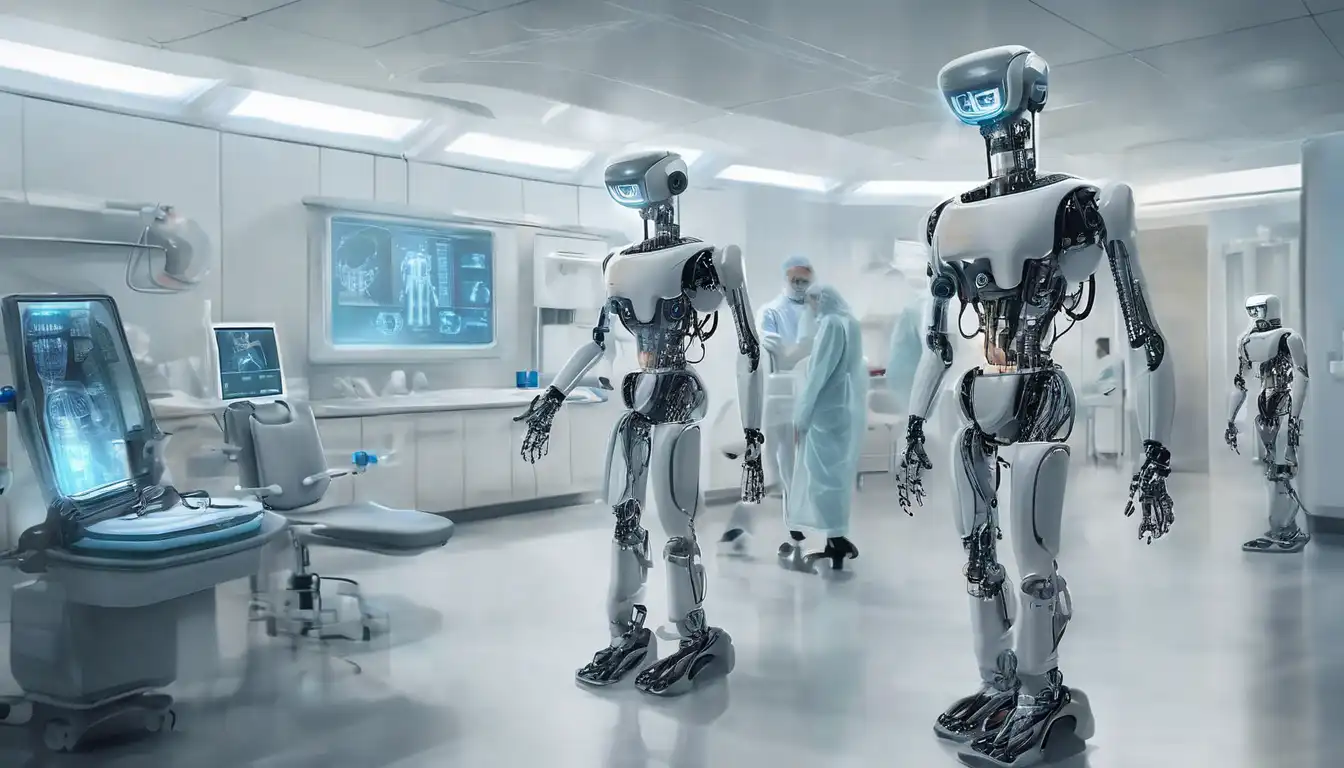The Next Era of Robotics in Healthcare
The integration of robotics into healthcare is transforming patient care, surgical procedures, and rehabilitation processes. This technological advancement is not just a glimpse into the future; it's a present reality that's reshaping the healthcare industry. From robotic-assisted surgeries to automated patient monitoring systems, the potential for robotics in healthcare is boundless.
Robotic-Assisted Surgery: A Leap Forward
One of the most significant contributions of robotics in healthcare is in the field of surgery. Robotic-assisted surgery allows for greater precision, smaller incisions, and reduced recovery times. Surgeons can perform complex procedures with enhanced dexterity and control, minimizing risks and improving patient outcomes.
Automated Patient Monitoring Systems
Automated patient monitoring systems are another area where robotics is making a mark. These systems can continuously monitor patients' vital signs, alerting healthcare providers to any changes that may require immediate attention. This not only improves patient safety but also alleviates the workload on medical staff.
Rehabilitation Robotics: Restoring Mobility
Rehabilitation robotics is revolutionizing the way patients recover from injuries and strokes. These robotic devices assist patients in regaining strength and mobility, offering personalized therapy sessions that adapt to the patient's progress. The use of robotics in rehabilitation is a testament to how technology can enhance the quality of life.
The Future of Robotics in Healthcare
The future of robotics in healthcare is bright, with ongoing research and development paving the way for more innovative applications. From nanorobots that can target and destroy cancer cells to robotic exoskeletons that enable paraplegics to walk, the possibilities are endless. As technology advances, the integration of robotics in healthcare will continue to evolve, offering new solutions to age-old problems.
For more insights into how technology is transforming healthcare, explore our technology in healthcare section.
Challenges and Considerations
Despite the numerous benefits, the adoption of robotics in healthcare comes with its set of challenges. High costs, ethical considerations, and the need for specialized training are some of the hurdles that need to be addressed. However, with continuous advancements and increased accessibility, these challenges can be overcome, making robotics an integral part of healthcare.
In conclusion, the future of robotics in healthcare is not just about technological innovation; it's about improving patient care and outcomes. As we move forward, the collaboration between humans and robots in healthcare settings will become more seamless, heralding a new era of medical excellence.
